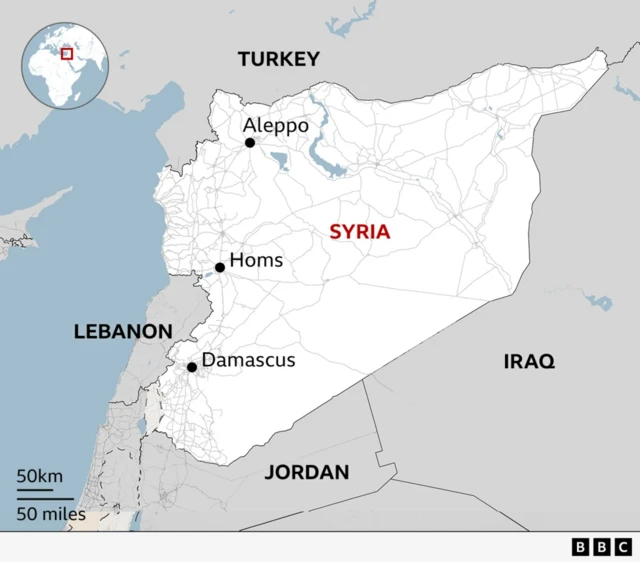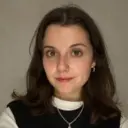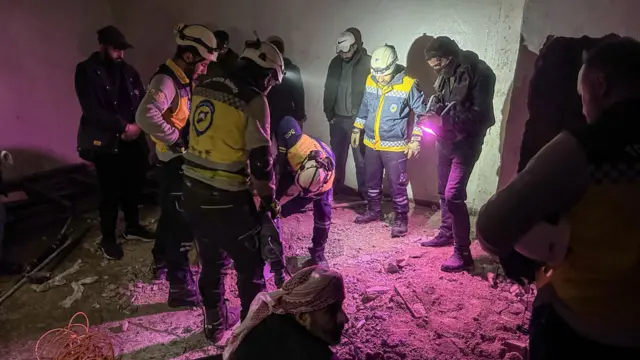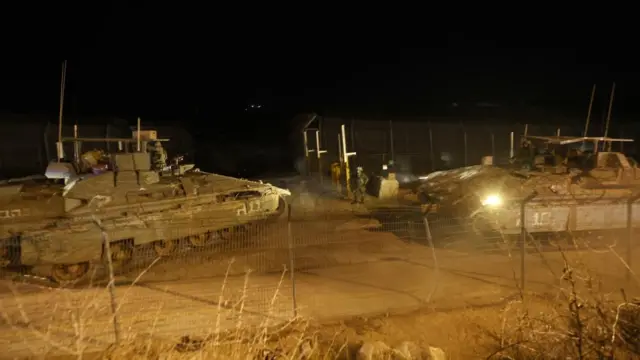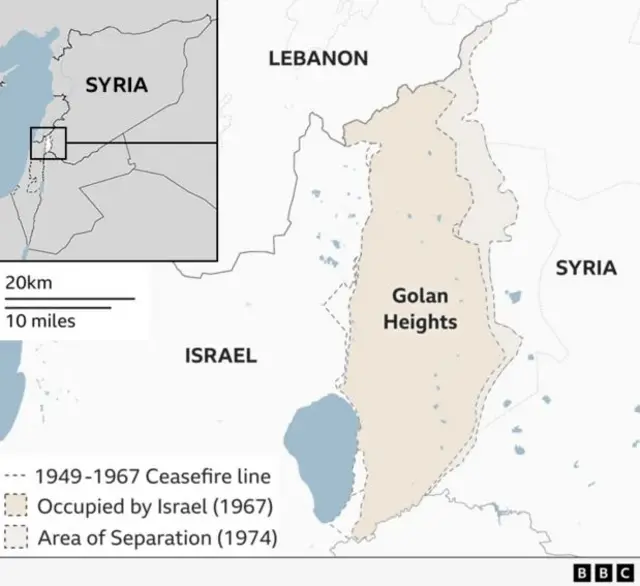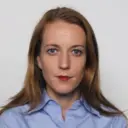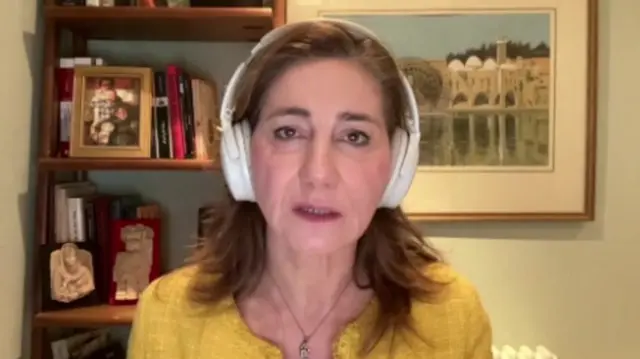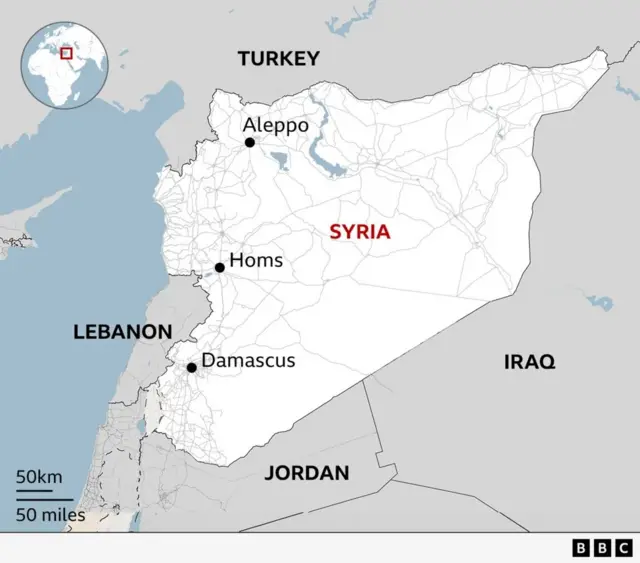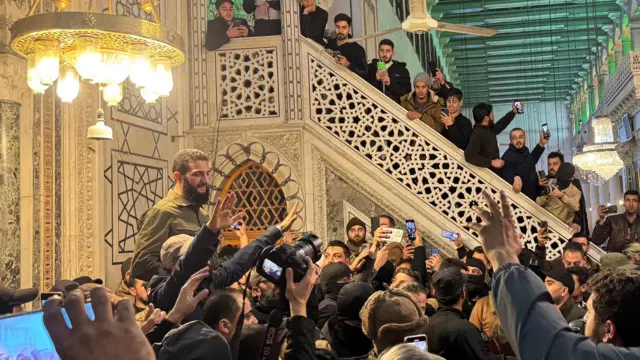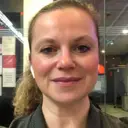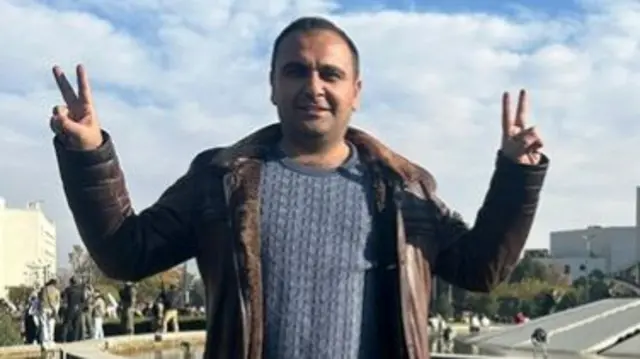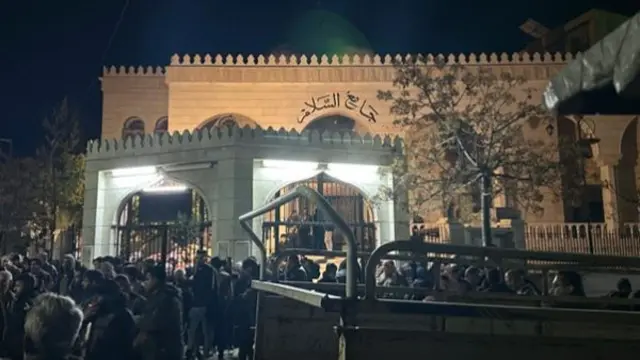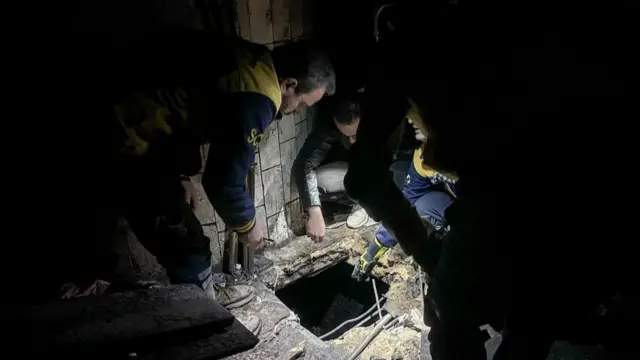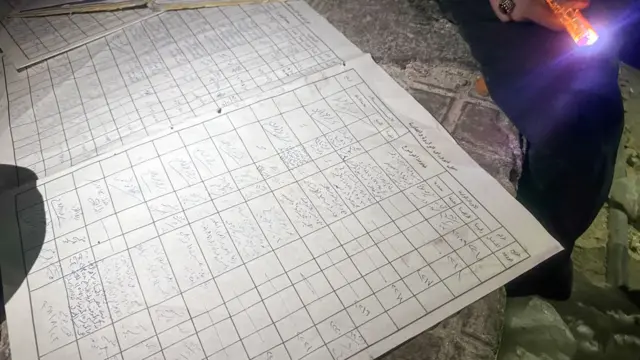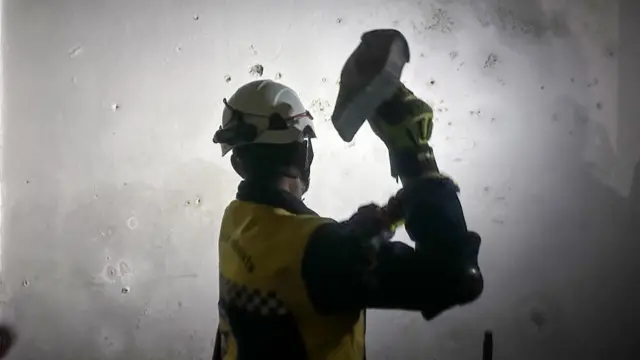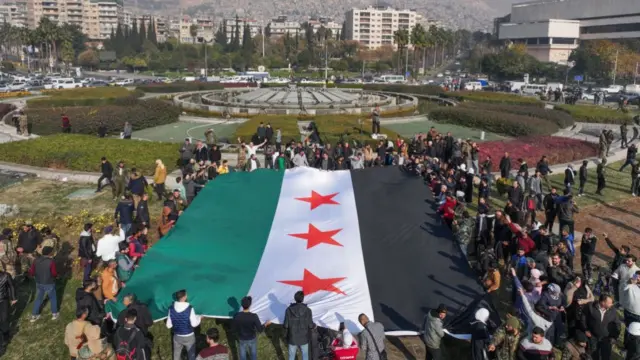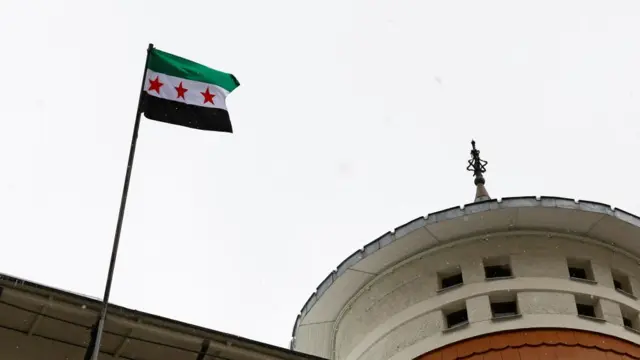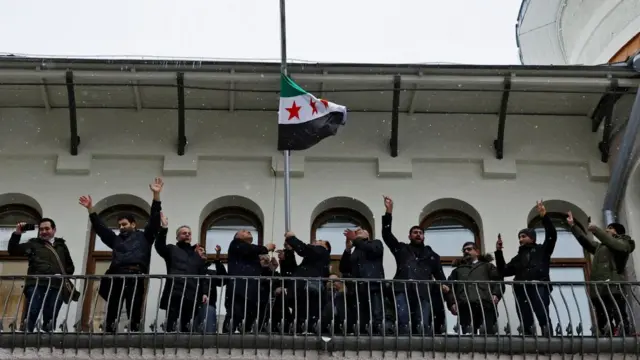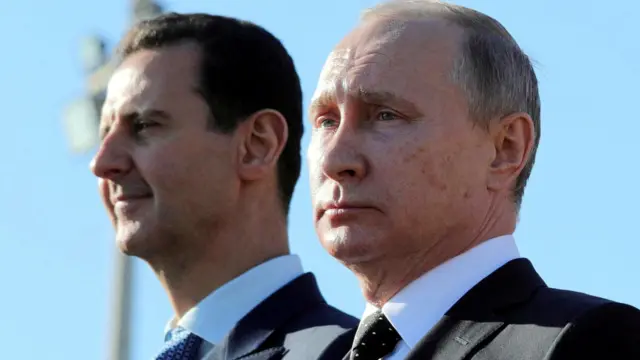
What does this mean for Iran?published at 13:24 GMT 9 December 2024
Caroline Hawley
Diplomatic correspondent
Neville in Devon asks: Will other totalitarian regimes like Iran be concerned unrest could spread to them?
Syria was Iran's main strategic ally, and part of an important land route to supply Hezbollah with weapons in Lebanon. Hezbollah too had propped up the Assad regime.
Assad told the Iranians he was surprised by how quickly his forces were collapsed. He no longer really had the support of Russia, which was preoccupied with the war in Ukraine. Iran has also been preoccupied since the 7 October attacks on Israel - and the ensuing war in Gaza.
Interestingly, the the loss of Assad won't have any operational impact on Hezbollah, the Iranians are saying. But Hezbollah is in pretty poor shape after fighting against Israeli forces in Lebanon for months.
It will be interesting to see what will happen with the Islamic republic in Iran, which is unpopular in the country. I imagine there is a bit of soul-searching going on there.
